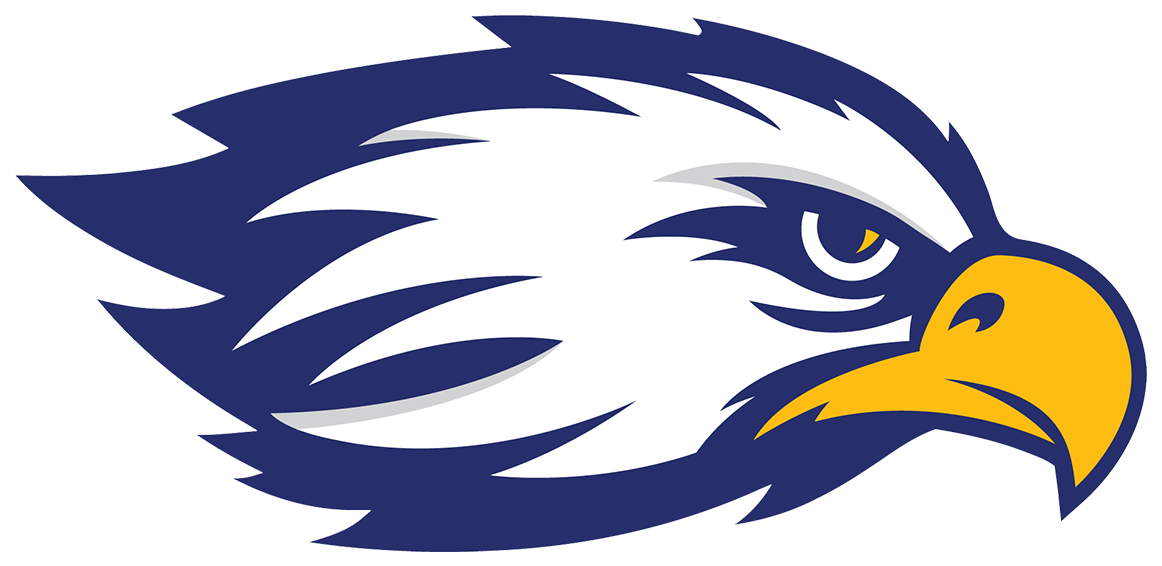Employee Code of Professional Conduct
All District employees are expected to maintain high standards in their school relationships, to demonstrate integrity and honesty, to be considerate and cooperative, and to maintain professional and appropriate relationships with students, parents, staff members, and others. In addition, the Code of Ethics for Illinois Educators, adopted by the Illinois State Board of Education, is incorporated into this Code of Professional Conduct. Any employee who sexually harasses a student, willfully or negligently fails to report an instance of suspected child abuse or neglect as required by the Abused and Neglected Child Reporting Act (325 ILCS 5/1 et seq.), engages in grooming as defined by 720 ILCS 5/11-25, engages in grooming behaviors, violates boundaries for appropriate school employee-student conduct, engages in sexual misconduct as defined in 105 ILCS 5/22-85.5, or otherwise violates an employee conduct standard will be subject to discipline up to and including dismissal.
Standards related to school employee-student conduct shall, at a minimum:
Comply with the Code of Ethics for Illinois Educators, adopted by the Illinois State Board of Education;
Prohibited grooming behaviors and sexual misconduct include, but are not limited to, (i) any act, including but not limited to, any verbal, nonverbal, written, or electronic communication or physical activity, (ii) by an employee or agent of the school with direct contact with a student (iii) that is directed toward or with a student to establish a romantic or sexual relationship with the student. Examples include, but are not limited to:
A sexual or romantic invitation
Dating or soliciting a date
Engaging in sexualized or romantic dialogue
Making sexually suggestive comments that are directed toward or with a student
Self-disclosure or physical exposure of a sexual, romantic, or erotic nature
A sexual, indecent, romantic, or erotic contact with a student
Employees are expected to maintain professional relationships and appropriate boundaries with students.
Communications with Students
Employees are strictly prohibited from using any form of communication with students, including but not limited to, emails, letters, notes, text messages, phone calls, social media, and conversations that include any subject matter that would be deemed unprofessional and inappropriate between an employee and student. Employees must use a school provided or supported method to communicate with students whenever possible and are prohibited from using personal email, text messaging, direct messaging or other forms of communication that are similar in nature.
Transportation of Students
Employees are not permitted to transport students in the employee’s privately owned vehicle, unless the employee has obtained the prior permission of the Building Principal and/or Superintendent to do so.
Photographs of Students
Employees are prohibited from taking or possessing photos of a student on their personal devices. Student pictures, assuming parents have not opted out of photos, for school-sponsored activities used in furtherance of the school’s educational mission are permitted. Employees should delete student photos from their personal device once photos have been posted and/or sent in furtherance of the school's educational mission.
Contact with Students
Employees are prohibited from meeting or contacting a student outside of their professional role. Employees are expected to avoid situations which could result in an actual or perceived inappropriate relationship between the employee and the student.
Employees are mandated reporters and required to comply with all reporting requirements of the Abused and Neglected Child Reporting Act (325 ILCS 5/1 et seq.) and Title IX of the Education Amendments of 1972 (20 U.S.C. § 1681 et seq.) and the Elementary and Secondary Education Act (20 U.S.C. § 7926).
Employees, students, parents, and any third party can report prohibited behaviors, including prohibited grooming and sexual misconduct, and/or boundary violations pursuant to Board Policies 2:260, Uniform Grievance Procedure; 2:265, Title IX Sexual Harassment Grievance Procedure; and 5:90, Abused and Neglected Child Reporting, to any District or school administrator or staff member to whom the person feels comfortable reporting.
Employees are required to complete training related to educator ethics, child abuse, grooming behaviors, and boundary violations as required by law and policies 2:265, Title IX Sexual Harassment Grievance Procedure; 4:165, Awareness and Prevention of Child Sexual Abuse and Grooming Behaviors; 5:90, Abused and Neglected Child Reporting; and 5:100, Staff Development Program.
Employees who violate this Code of Professional Conduct or who fail to report a violation may be subject to disciplinary action up to and including dismissal from employment.
